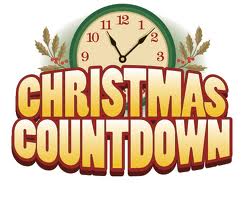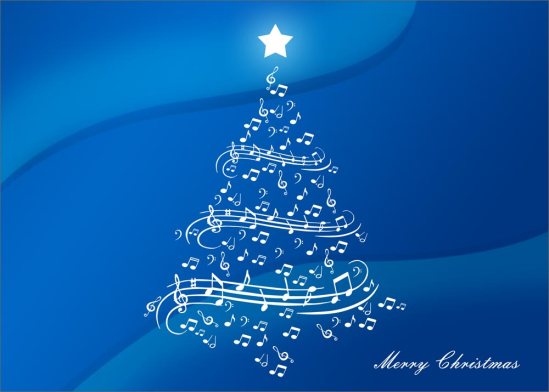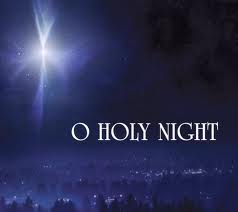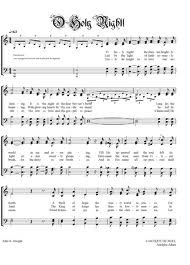
“Auld Lang Syne,” a poignant Scots poem penned by the legendary Robert Burns in 1788, is set to the melody of a timeless folk song. Renowned globally, particularly in English-speaking regions, it is traditionally sung to usher in the New Year at midnight. Additionally, the song finds a place in various other settings, including funerals, graduations, and farewells, symbolizing endings and transitions. The Boy Scout movement internationally has adopted it as a ceremonial conclusion to their gatherings and events.The title, “Auld Lang Syne,” translates from Scots to English as “old long since,” but more colloquially, it means “long long ago,” “days gone by,” or “times of old.” Hence, the phrase “For auld lang syne” in the chorus loosely means “for the sake of old times.”This song is a treasured Scottish offering to the world, evoking nostalgia and warmth of days past. It not only reminisces about times gone by but also fosters a sense of unity and togetherness for the future.“Auld Lang Syne” is a gem from the rich Lowland Scots folk tradition, skillfully refined by one of the world’s premier songwriters, Burns. In his final years, Burns dedicated himself to preserving and enhancing the song tradition, often transforming fragments of old ballads into profound love songs or Scots poems. In “Auld Lang Syne,” he found a piece already gleaming with brilliance, as he expressed in an 1788 letter to Mrs. Dunlop.An intriguing aspect of “Auld Lang Syne” is that the globally sung melody differs from the one Burns originally set the lyrics to. The original tune, still performed by traditionalists, carries a softer, more reflective quality, as showcased in Mairi Campbell’s rendition in the film “Sex and the City.” Regardless of the tune or its global reach, “Auld Lang Syne” maintains the deep emotional impact of the original Scottish folk song. As Burns himself once reflected, the phrase ‘Auld Lang Syne’ powerfully resonates, capturing the soul-stirring essence of an old song and tune.
Fancy singing along yourself? Here are the verses of the words to Auld Lang Syne:
Should auld acquaintance be forgot,
And never brought to mind?
Should auld acquaintance be forgot,
And auld lang syne.
Chorus:
For auld lang syne, my jo,
For auld lang syne,
We’ll tak a cup o’ kindness yet,
For auld lang syne,
And surely ye’ll be your pint-stowp!
And surely I’ll be mine!
And we’ll tak a cup o’ kindness yet,
For auld lang syne.
Chorus
We twa hae run about the braes
And pu’d the gowans fine;
But we’ve wander’d mony a weary foot
Sin auld lang syne.
Chorus
We twa hae paidl’d i’ the burn,
Frae mornin’ sun till dine;
But seas between us braid hae roar’d
Sin auld lang syne.
Chorus
And there’s a hand, my trusty fiere!
And gie’s a hand o’ thine!
And we’ll tak a right guid willy waught,
For auld lang syne.
Chorus
Should old acquaintance be forgot,
And never brought to mind?
Should old acquaintance be forgot,
And long, long ago.
Chorus
And for long, long ago, my dear
For long, long ago,
We’ll take a cup of kindness yet,
For long, long ago
And surely youll buy your pint-jug!
And surely I’ll buy mine!
And we’ll take a cup of kindness yet,
For long, long ago.
Chorus
We two have run about the hills
And pulled the daisies fine;
But we’ve wandered manys the weary foot
Since long, long ago.
Chorus
We two have paddled in the stream,
From morning sun till dine;
But seas between us broad have roared
Since long, long ago.
Chorus
And there’s a hand, my trusty friend!
And give us a hand of yours!
And we’ll take a deep draught of good-will
For long, long ago.
Chorus
I hope you’ll enjoy ringing in the New Year – 1958! Recorded: December 31, 1957
Auld Lang Syne played on bagpipes (as it should be)
This is from the 2015 Edinburgh Tattoo which we attended:
And, in history:










